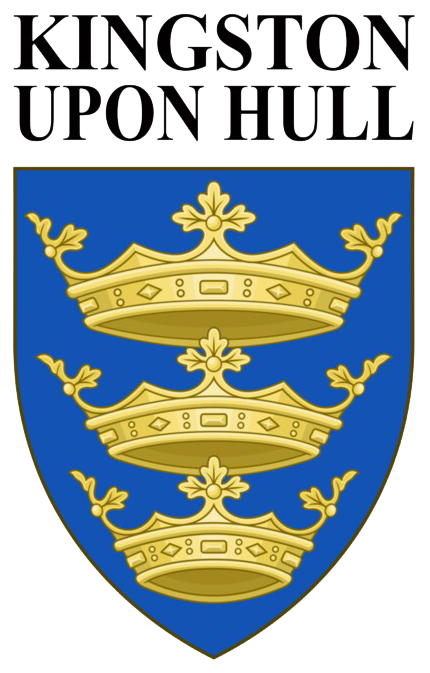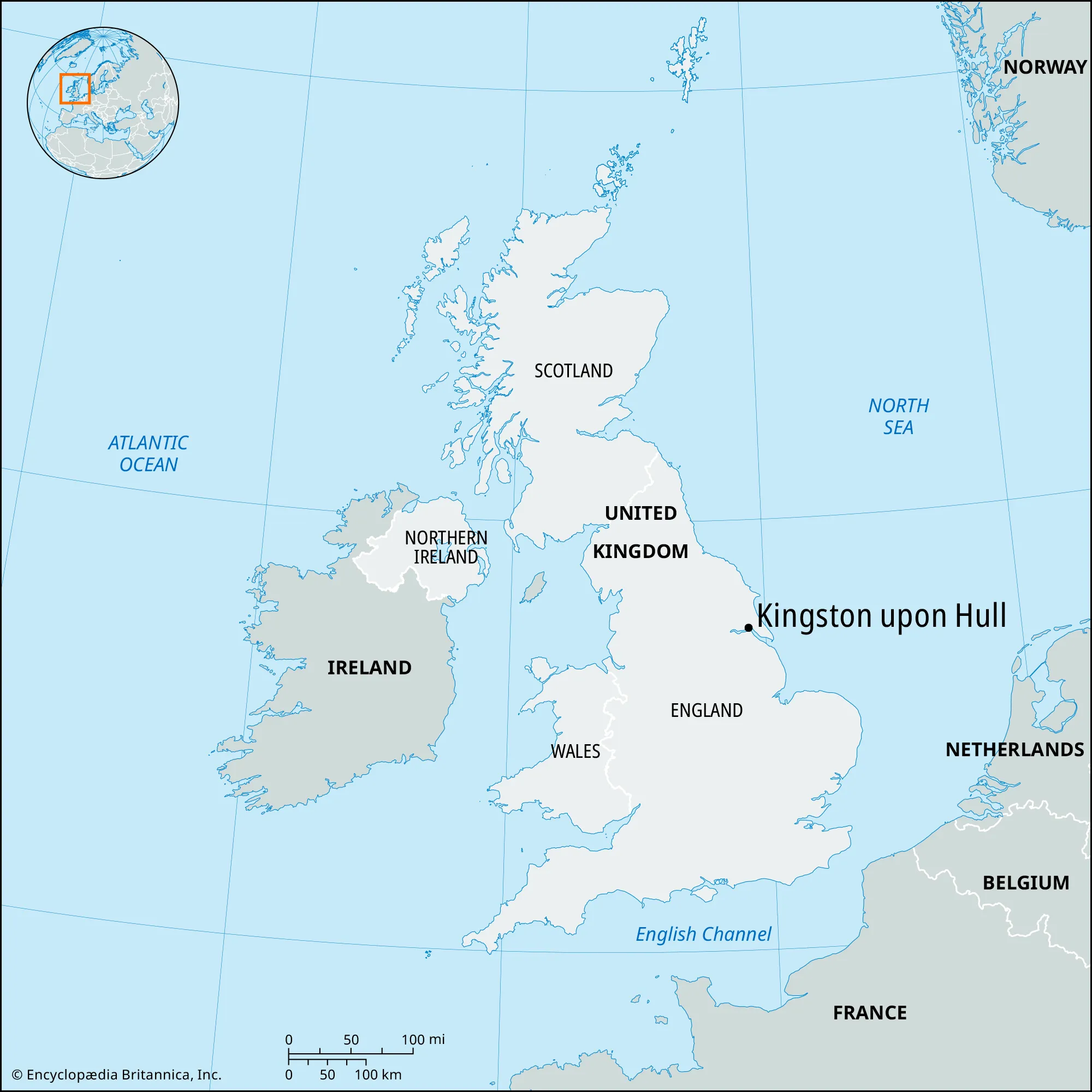City History
Early Beginnings
Kingston Upon Hull, commonly known as Hull, has a rich history that dates back to the 12th century. Originally a small settlement at the confluence of the River Hull and the Humber Estuary, it was founded by the monks of Meaux Abbey who needed a port to export wool. The settlement was initially known as Wyke on Hull.
Royal Charter and Growth
In 1299, King Edward I granted the town a royal charter and renamed it King’s Town upon Hull, marking its transformation into a significant port and market town. The strategic location of Hull made it an important hub for trade and commerce, particularly in wool, wine, and cloth.
Medieval Prosperity
During the medieval period, Hull continued to prosper. Its port facilitated trade with Europe, and the town grew in wealth and importance. In the 14th and 15th centuries, Hull’s fortifications were enhanced, including the construction of a town wall and several defensive towers.
Tudor and Stuart Eras
The 16th and 17th centuries brought further growth and challenges. Hull played a crucial role in the English Civil War due to its significant arsenal. In 1642, the refusal of Hull’s governor to allow King Charles I entry into the town marked the beginning of the Civil War.
Industrial Revolution
The Industrial Revolution in the 18th and 19th centuries transformed Hull into a major industrial center. The city expanded rapidly with the development of shipbuilding, whaling, and fishing industries. The docks were expanded, and Hull became one of the busiest ports in the UK.
20th Century and Wartime
Hull suffered extensive damage during World War II due to its strategic importance as a port. The city was heavily bombed, leading to significant loss of life and destruction of infrastructure. Post-war reconstruction saw modern developments and further expansion of the port facilities.
Modern Era
In the late 20th and early 21st centuries, Hull faced economic challenges due to the decline of traditional industries. However, the city has undergone a renaissance, with significant investment in regeneration projects. In 2017, Hull was named the UK City of Culture, celebrating its rich cultural heritage and vibrant arts scene.
Today
Today, Kingston Upon Hull is a dynamic city known for its maritime history, cultural contributions, and economic resilience. It continues to evolve, embracing new industries and opportunities while preserving its historical legacy.
From its medieval origins to its modern-day transformation, Hull’s history is a testament to its enduring spirit and adaptability.


